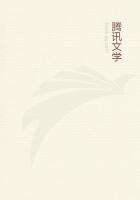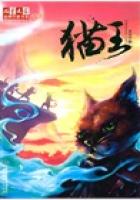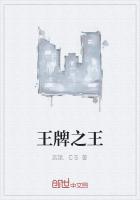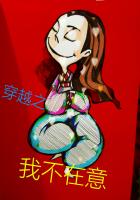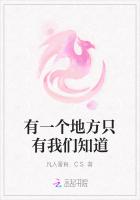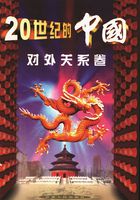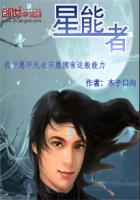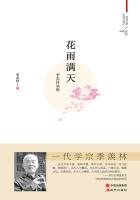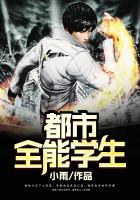Yet all this effect of originality and profundity was produced by a quite limited talent for turning striking phrases, exploiting certain curious and rather catching rhythms and modulations, and devising suggestive or eccentric instrumentation.On its decorative side, it was the same phenomenon in music as the Baroque school in architecture: an energetic struggle to enliven organic decay by mechanical oddities and novelties.Meyerbeer was no symphonist.He could not apply the thematic system to his striking phrases, and so had to cobble them into metric patterns in the old style; and as he was no "absolute musician" either, he hardly got his metric patterns beyond mere quadrille tunes, which were either wholly undistinguished, or else made remarkable by certain brusqueries which, in the true rococo manner, owed their singularity to their senselessness.He could produce neither a thorough music drama nor a charming opera.But with all this, and worse, Meyerbeer had some genuine dramatic energy, and even passion; and sometimes rose to the occasion in a manner which, whilst the imagination of his contemporaries remained on fire with the novelties of dramatic music, led them to overrate him with an extravagance which provoked Wagner to conduct a long critical campaign against his leadership.Thirty years ago this campaign was mentably ascribed to the professional jealousy of a disappointed rival.Nowadays young people cannot understand how anyone could ever have taken Meyerbeer's influence seriously.
Those who remember how his reputation stood half a century ago, and who realize what a nothoroughfare the path he opened proved to be, even to himself, know how inevitable and how impersonal Wagner's attack was.
Wagner was the literary musician par excellence.He could not, like Mozart and Beethoven, produce decorative tone structures independently of any dramatic or poetic subject matter, because, that craft being no longer necessary for his purpose, he did not cultivate it.As Shakespeare, compared with Tennyson, appears to have an exclusively dramatic talent, so exactly does Wagner compared with Mendelssohn.On the other hand, he had not to go to third rate literary hacks for "librettos" to set to music: he produced his own dramatic poems, thus giving dramatic integrity to opera, and making symphony articulate.A Beethoven symphony (except the articulate part of the ninth) expresses noble feeling, but not thought: it has moods, but no ideas.Wagner added thought and produced the music drama.Mozart's loftiest opera, his Ring, so to speak, The Magic Flute, has a libretto which, though none the worse for seeming, like The Rhine Gold, the merest Christmas tomfoolery to shallow spectators, is the product of a talent immeasurably inferior to Mozart's own.
The libretto of Don Giovanni is coarse and trivial: its transfiguration by Mozart's music may be a marvel; but nobody will venture to contend that such transfigurations, however seductive, can be as satisfactory as tone poetry or drama in which the musician and the poet are at the same level.Here, then, we have the simple secret of Wagner's preemminence as a dramatic musician.He wrote the poems as well as composed the music of his "stage festival plays," as he called them.
Up to a certain point in his career Wagner paid the penalty of undertaking two arts instead of one.Mozart had his trade as a musician at his fingers' ends when he was twenty, because he had served an arduous apprenticeship to that trade and no other.
Wagner was very far from having attained equal mastery at thirty-five: indeed he himself has told us that not until he had passed the age at which Mozart died did he compose with that complete spontaneity of musical expression which can only be attained by winning entire freedom from all preoccupation with the difficulties of technical processes.But when that time came, he was not only a consummate musician, like Mozart, but a dramatic poet and a critical and philosophical essayist, exercising a considerable influence on his century.The sign of this consummation was his ability at last to play with his art, and thus to add to his already famous achievements in sentimental drama that lighthearted art of comedy of which the greatest masters, like Moliere and Mozart, are so much rarer than the tragedians and sentimentalists.It was then that he composed the first two acts of Siegfried, and later on The Mastersingers, a professedly comedic work, and a quite Mozartian garden of melody, hardly credible as the work of the straining artifices of Tanehauser.Only, as no man ever learns to do one thing by doing something else, however closely allied the two things may be, Wagner still produced no music independently of his poems.The overture to The Mastersingers is delightful when you know what it is all about; but only those to whom it came as a concert piece without any such clue, and who judged its reckless counterpoint by the standard of Bach and of Mozart's Magic Flute overture, can realize how atrocious it used to sound to musicians of the old school.When I first heard it, with the clear march of the polyphony in Bach's B mmor Mass fresh in my memory, I confess Ithought that the parts had got dislocated, and that some of the band were half a bar behind the others.Perhaps they were; but now that I am familiar with the work, and with Wagner's harmony, I can still quite understand certain passages producing that effect organ admirer of Bach even when performed with perfect accuracy.

